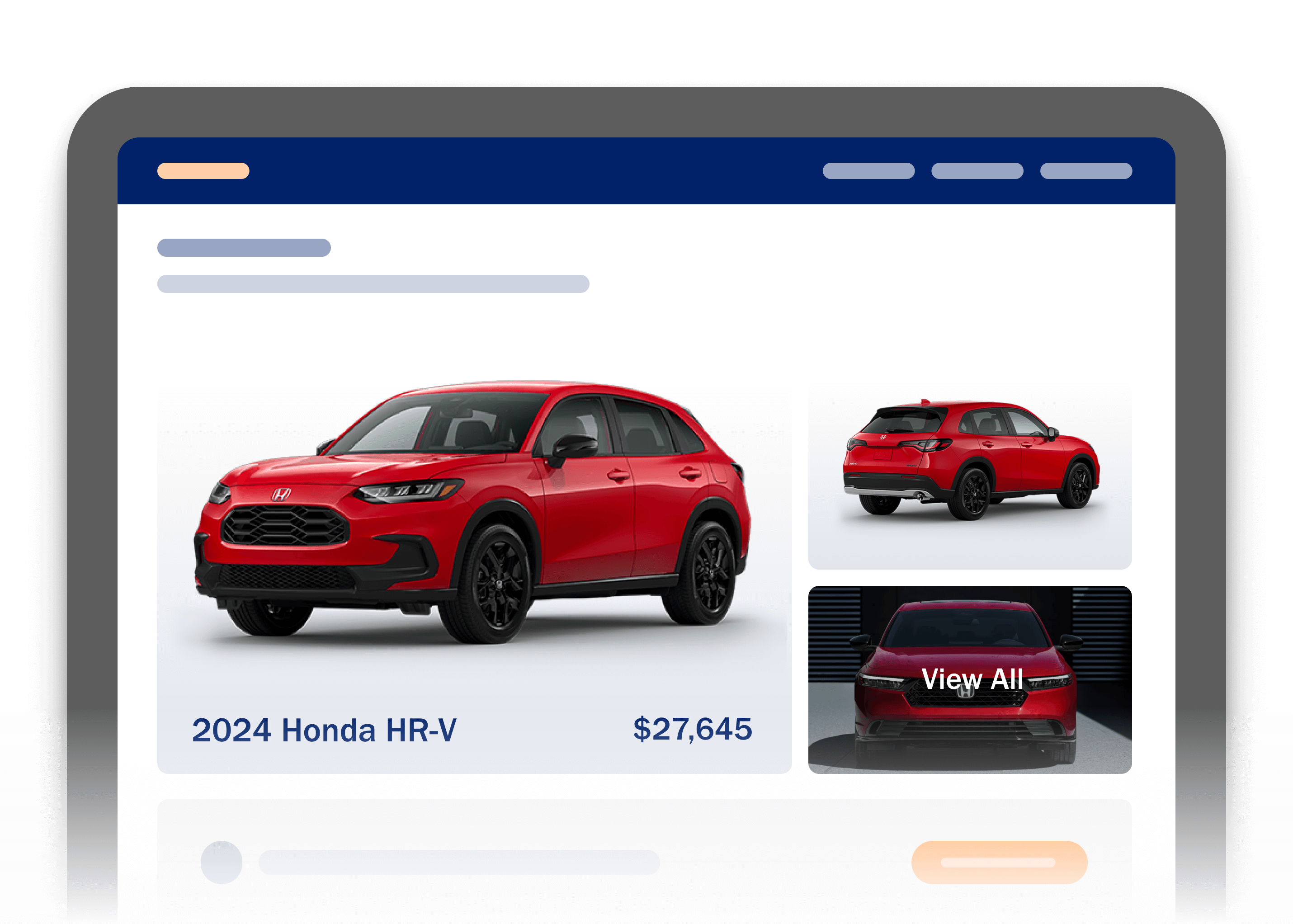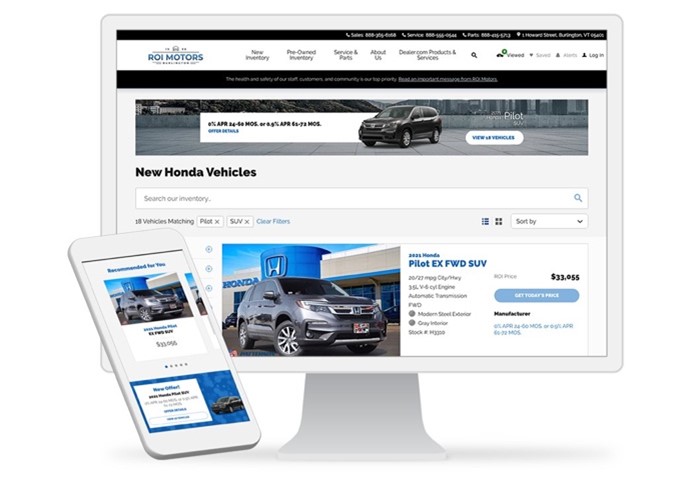By Miranda Jonswold, Senior Social Media Coordinator
Contributors: Matt Murray and Jake Hughes, Widewail
For shoppers across the nation, being handed keys to a new vehicle and parting with a firm handshake were common gestures of a successful car-buying experience. However, recent events have weighed heavily on both businesses and consumers in recent months, and the normalcy of in-person dealership transactions is a memory of yesteryear. One thing is for certain: we must not take anything for granted.
Even in times of extreme change, people are still shopping and sharing their experience through online reviews and social sentiment. And many still want to know how transactions are being handled in today’s climate. Dealers: especially now, celebrate every win. Express your gratitude toward your customers and leverage their words as a marketing mechanism for prospective buyers and lessees. Reputation management is a tremendous key to success in making this happen.
Reputation Management: a measure of character and resilience
Think back to an online purchase you made or a time when you turned to Google for a “best ___ near me” search query. Did you choose that business or product based on its star rating and glowing reviews?
If you did, you join 88% of online shoppers who incorporate reviews into their decision-making process. In fact, for 59% of shoppers, dealer reputation is the single most important factor when choosing which dealership will earn their business. Consumers are already researching which vehicle best matches their lifestyle needs, so it only stands to reason that they will research you by way of online reputation.
What does this mean for dealerships? Be clear in your messaging, have your resources readily accessible (be it Dealer Home Services, Digital Retailing, etc.), be consistent with your communication, and assess how feedback can improve your business.
That said, we can’t ignore the effect the crisis has had on the generation of reviews, as well. Fewer transactions and visits initially led to fewer reviews, and then Google paused live reviews from March 20th through April 9th. People could still leave reviews, but they were not visible on business’ Google My Business pages or counted toward their lifetime total of reviews.
According to Widewail, an online reputation management provider and Dealer.com partner, review volume declined roughly 65% from the 2020 peak to trough; the decline occurred over the span of approximately 6 weeks, and the trough lasted about 3 weeks. Widewail also compiled data of average weekly dealership review volume between 12/1/19 and 5/1/20. Since people were still leaving reviews on Google, even if they weren’t yet live (those were released on May 4), the graph also displays the difference in perceived volume loss of reviews (85%) versus actual volume lost (65%).
All this to say: like the car buying process itself, dealers should not take these reviews for granted, especially now that review generation is in recovery. As of May 1st, car dealer reviews have risen from 4.5 reviews per week to almost 8 reviews per week, and the volume continues to rise, according to Widewail.
Check on your reviews. What are consumers saying about you now? What were they saying during Google’s review freeze? While what is being said about your business is paramount to your marketing strategy, it doesn’t stop there: It’s also about your connection. Are you responding to all reviews, even the negative reviews? Are you responding in a timely manner? Have you considered the SEO value of your response? What is your plan?
Coordinated Review Response: Have a Plan
According to Harvard Business Review, businesses that respond to online customer reviews see a 12% increase in volume of reviews and an increased overall star rating. So, answer your customers’ reviews, and answer them consistently.
Take inventory of where your reviews are being generated. Do you have access to these channels? Consider who you want answering these reviews and create a workflow for researching customer information when needed.
Just a “thank you” will do, right? Think again. Not only is this response lacking authenticity, it doesn’t provide much SEO value. According to Search Engine Journal, since 2017, reviews have become a more prominent SEO ranking factor. What drives Map Pack ranking in this regard? Think keywords, location and services.
So, when Tom writes a review praising Kristen for helping him purchase his Subaru Outback–which he had delivered nearby in Concord, NH–don’t write back with just a “thank you.” Address Tom by his name, thank him for his kind review about Kristen, let him know your [business name] team appreciates his patronage from the Concord, NH area, and congratulate him on his 2020 Subaru Outback. Take time to provide value for your customer, for Google, and for anyone else reading your reviews. Celebrate the positive customer experience and the team that made it possible!
If you’re met with a negative review, investigate and take the conversation offline. If you have contact information and can work one-to-one to provide swift and direct service, you increase your chances of not only retaining the customer but also the chances of updating the negative review. In the public eye, you will still need to answer the review. Address the reviewer by name, acknowledge the situation, and provide an update. In the event you don’t have their contact information, provide your own. Keep it professional and concise.
Remember to be consistent. Answering reviews are essential, but it’s also important to stay on top of other online sentiment, such as Facebook comments or Google My Business’ Q&A tool.
In summary, communicate expeditiously and authentically with your customers through reputation management and online sentiment, and let it inform your marketing strategy. This could mean showcasing a positive testimonial on social media to stimulate in-market shoppers to start their journey. It could mean evaluating your profit center ratings online–what is working well for customers, and where can you improve?
Harness your reputation with a Dealer.com consumer review and response management solution. Consult your performance manager to leverage reputation specialists for complete coordination, constructing positive and negative review responses, building stronger local SEO, and delivering high quality interactions to customers.
Sources
Widewail COVID-19 Consumer Review Impact Study
Neocreative, “Why Ecommerce Customer Reviews are Important”
V12, “59% of Auto Shoppers Choose a Dealership Based on Reputation”
Google Data, U.S., July–Dec. 2015 vs. July–Dec. 2017.
Harvard Business Review “Study: Replying to Customer Reviews Results in Better Ratings”
Search Engine Journal “Reviews are the Most Prominent Local SEO Ranking Factor in 2017”



